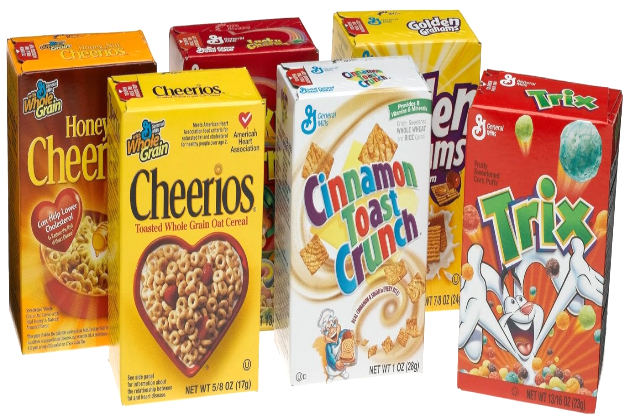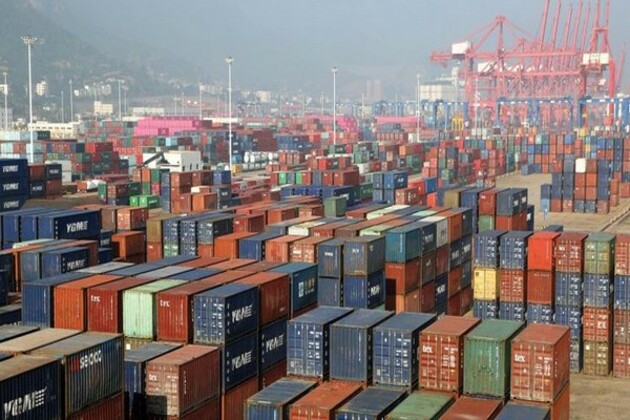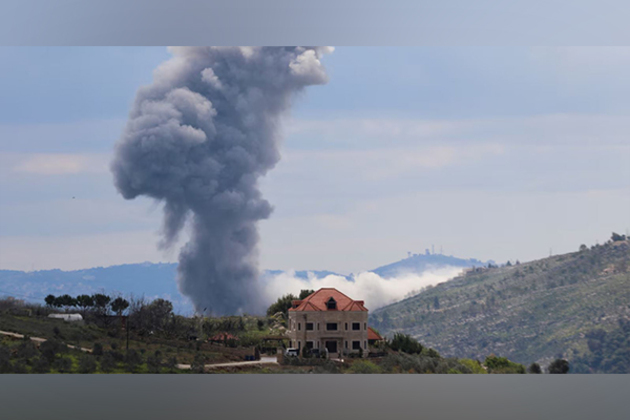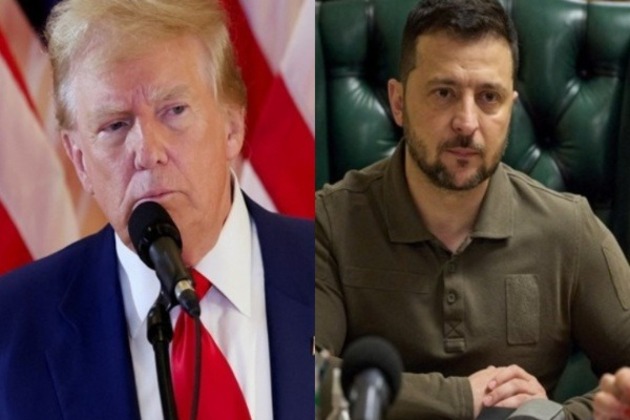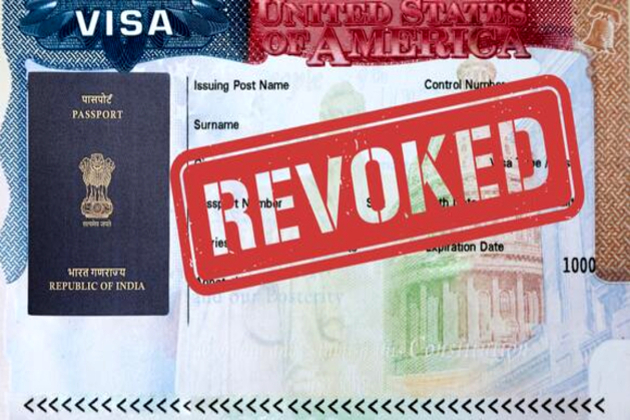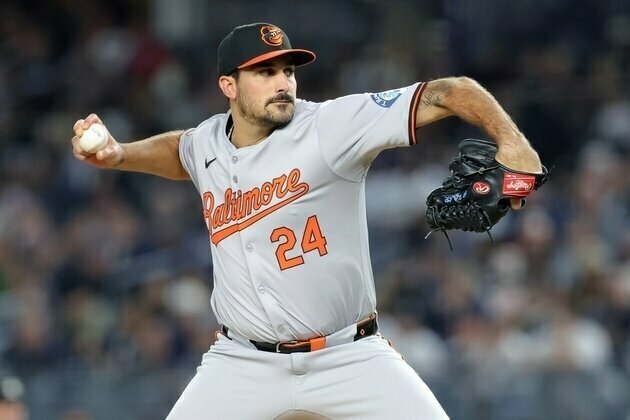Trump threats: Is foreign policy the biggest issue for Canadian voters this election?
The Conversation
23 Mar 2025, 16:38 GMT+10
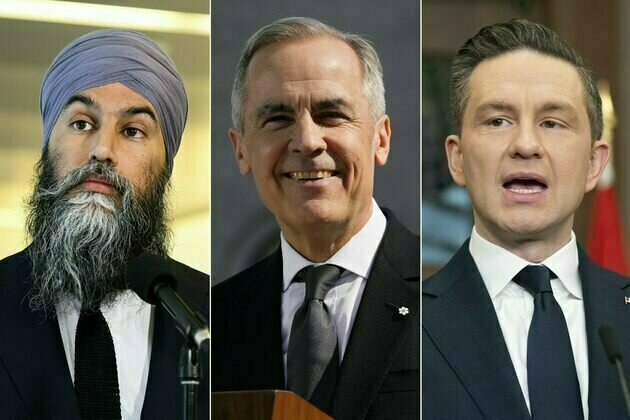
Canadians are heading once again to the polls on April 28 to vote in a federal election.
This election will offer voters competing visions of Canada's future at a time when it has become all but impossible to separate foreign policy from domestic politics.
There's no question much of the conversation during the campaign will centre on how the next government will deal with United States President Donald Trump amid his continuing threats to Canadian sovereignty.
But even though the Trump administration has undermined the liberal democratic world order in which Canada has prospered for close to a century, it's unclear whether threats of a global tariff war, an ongoing divisive conflict in the Middle East and continued Russian aggression in Ukraine will directly affect how Canadians cast their votes.
Most political scientists have traditionally argued that foreign policy does not matter to Canadians at the voting booth.
But a recent book by historian Patrice Dutil has claimed that "at least half of Canada's national elections featured substantive discussions of Canada's place in the world."
So who's right?
My new report, "Foreign Policy and Canadian Elections: A Review," finds truth on both sides.
Foreign policy is what people who study elections call an "issue," just like the economy, national security or health care.
Issues compete with many other considerations - like ideology, perceptions of leadership and the need for change - to determine a voter's ultimate decision.
Local candidates can affect how people vote, as can party affiliation. If you live in a riding where your preferred candidate is unlikely to win, you might vote strategically.
According to Canadian political scientist Elizabeth Gidengil, for an issue like foreign policy to really matter in an election, it must satisfy three conditions:
That rarely happens in relation to Canadian foreign policy. Our political parties don't typically differ significantly on world affairs. When they do disagree, it's unusual for the public to overwhelmingly support one side over the other.
Read more: Trump's potential embrace of 'continentalist geopolitics' poses grave risks to Canada
There are no real divisions between the election's front-runners - Liberal Mark Carney and Conservative Pierre Poilievre - over how to deal with Trump.
Both have pledged that Canada will never become the 51st state and have promised to strike back at American tariffs with economic measures of their own.
Poilievre says he'll manage Canada-U.S. relations more effectively than the Liberals would, but he has not proposed any different tactics to do so.
On the other hand, Poilievre was clearly onto something in his endless quest to make the election all about the Justin Trudeau government's carbon tax and rebate.
Until Carney replaced Trudeau, the differences between the Conservatives and the Liberals on carbon pricing were stark. Thanks to an extraordinary Conservative marketing campaign, the Canadian public was well aware of those differences - and a significant majority of Canadians sided with Poilievre.
Now that Carney has axed the tax himself, those differences have become much less significant.
Domestic politics aside, Trump will still loom large throughout the next five weeks.
But international and domestic issues have been, and remain, sufficiently interconnected that it's hard to discuss one to the exclusion of the other.
Free trade with the United States was a key topic of debate during four election campaigns - 1891, 1911, 1935, 1988 - because of its impact on Canadians' sense of independence.
Canadians were divided over conscription during the 1917 election campaign. They differed over support for Britain during the 1956 Suez crisis and throughout the election the following year.
Just as the American invasion of Iraq split the Liberals and the Canadian Alliance during the election of 2003, so did attitudes towards increased defence spending in 2000. Canadian support for Syrian refugees came up regularly during the 2015 election campaign.
Still, it's not clear if these differences affected more than a small number of individual Canadians when they marked their ballots.
Voters tend to cast their ballots emotionally, and even though Trump is preoccupying the national consciousness at the moment, the leading political parties have not offered us specific policy alternatives to deal with him.
Over the next five weeks, Canadians should expect to learn about the leading political parties' views on relations with the U.S., the situations in the Middle East and Ukraine, foreign interference in the affairs of state and Canada's global defence.
Voters can and should demand that those who wish to lead the country are thoughtful and literate on these and other international issues.
As then Prime Minister Stephen Harper reflected in 2011:
"Since coming to office - in fact, since becoming prime minister [in 2006] - the thing that's probably struck me the most in terms of my previous expectations ... is not just how important foreign affairs/foreign relations is, but in fact that it's become almost everything. There's hardly anything today of any significance that doesn't have a huge international dimension to it."
But expecting party views on foreign policy to shape the election's outcome is probably unrealistic.
When we head to the voting booths, most Canadians will likely just listen to their gut.
Exactly how Carney or Poilievre promises to deal with Trump probably won't matter nearly as much as who they simply feel will do a better job on a host of issues.
 Share
Share
 Tweet
Tweet
 Share
Share
 Flip
Flip
 Email
Email
Watch latest videos
Subscribe and Follow
Get a daily dose of Calgary Monitor news through our daily email, its complimentary and keeps you fully up to date with world and business news as well.
News RELEASES
Publish news of your business, community or sports group, personnel appointments, major event and more by submitting a news release to Calgary Monitor.
More InformationNorth America
SectionGeneral Mills cuts outlook as snack and pet food sales dip
MINNEAPOLIS, Minnesota: General Mills has lowered its annual sales and profit forecasts, citing weakening demand for salty snacks and...
Alex Bowman wins the pole for Cup race at Miami
(Photo credit: Sam Navarro-Imagn Images) HOMESTEAD, Fla. -- Hendrick Motorsports driver Alex Bowman provided a dramatic final few...
India poised to become major driver for global trade, ranks third after US and China: Report
New Delhi [India], March 24 (ANI): India is set to become a major driver of global trade growth over the next five years, ranking third...
IDF strikes key Hamas commanders as Gaza crisis deepens
Tel Aviv [Israel], March 24 (ANI): The Israel Defence Forces (IDF) announced a targeted strike on a Hamas operative inside Gaza's Nasser...
US-Ukraine talks underway in Saudi Arabia as delegations meet for negotiations
Riyadh [Saudi Arabia], March 24 (ANI): Delegations from the United States and Ukraine have engaged in discussions in Saudi Arabia as...
MEXICO-MEXICO CITY-JACARANDA
(250324) -- MEXICO CITY, March 24, 2025 (Xinhua) -- An aerial drone photo taken on March 23, 2025 shows blooming jacaranda trees in...
Canada
SectionUS to revoke more student visas after Columbia arrest
LA MALBAIE, Canada: The United States will likely revoke visas of more students in the coming days, U.S. Secretary of State Marco Rubio...
Devin Vassell, Spurs embarrass Raptors 123-89
(Photo credit: John E. Sokolowski-Imagn Images) Devin Vassell scored 12 of his 25 points in the third quarter and the visiting San...
Spurs look to maintain momentum against Raptors
(Photo credit: Dustin Safranek-Imagn Images) The San Antonio Spurs will go for their third consecutive win on Sunday night when they...
Zach Eflin, six Orioles relievers no-hit Pirates in spring game
(Photo credit: Brad Penner-Imagn Images) Zach Eflin and six relievers combined on a spring-training no-hitter Saturday as the Baltimore...
Trump threats: Is foreign policy the biggest issue for Canadian voters this election?
Canadians are heading once again to the polls on April 28 to vote in a federal election. This election will offer voters competing...
How political leaders communicate climate policy will be a defining factor this election
Prime Minister Mark Carney has called an April 28 federal election, setting the stage for a campaign where climate policy could be...

